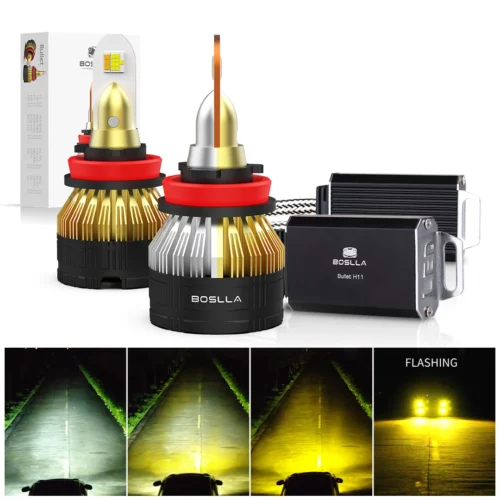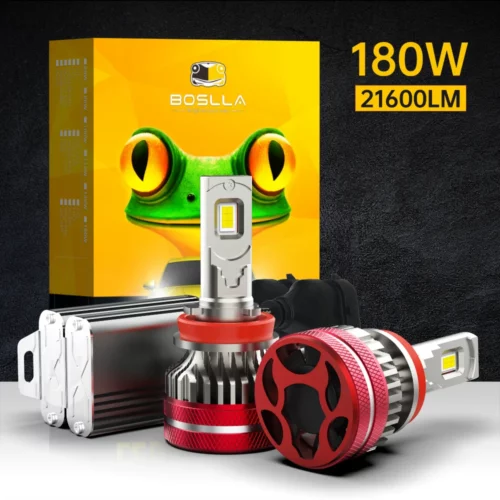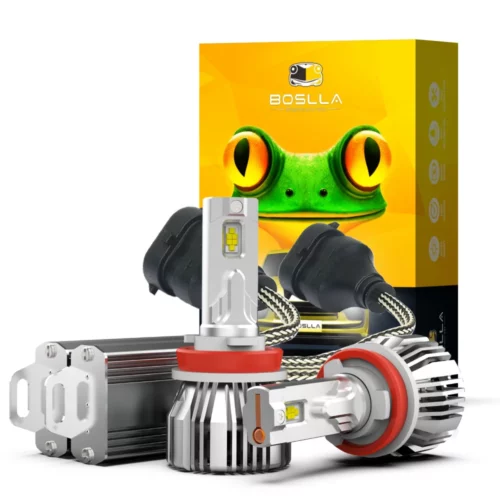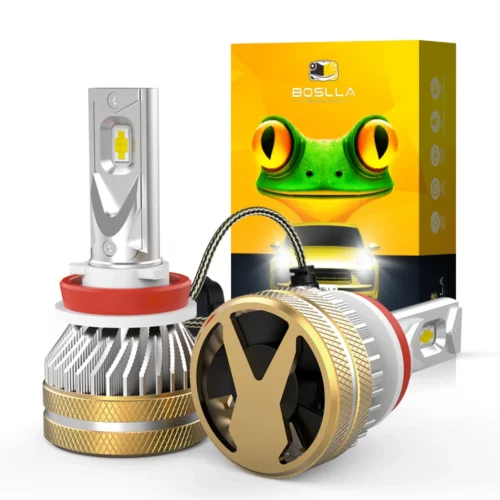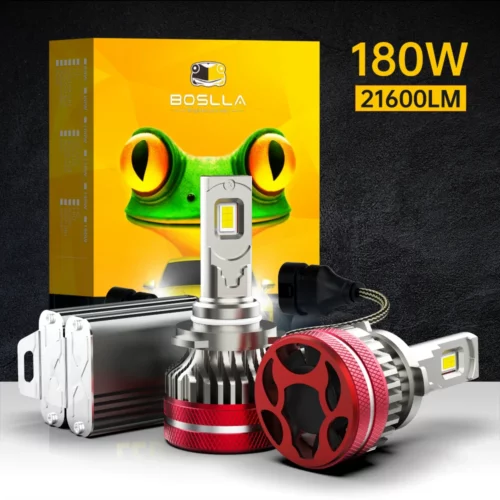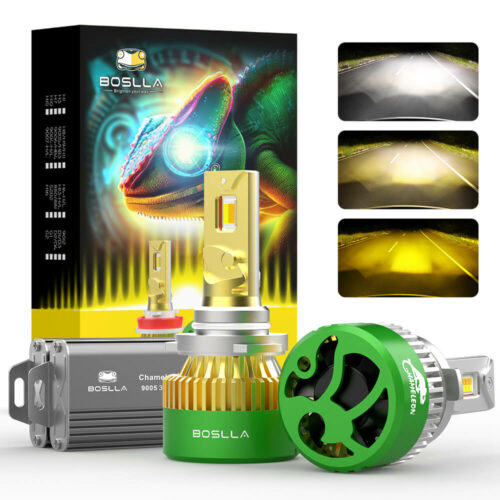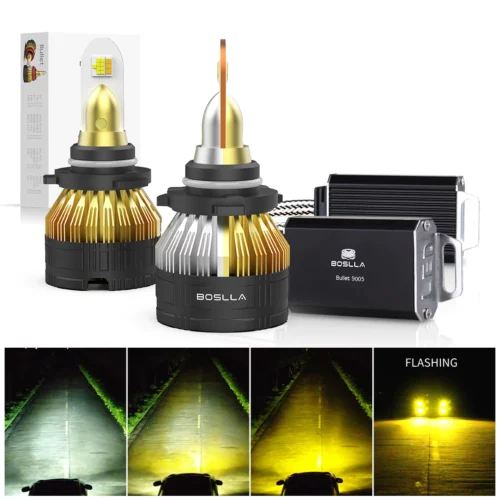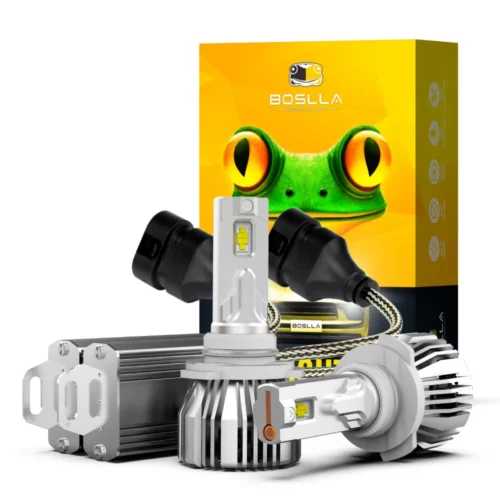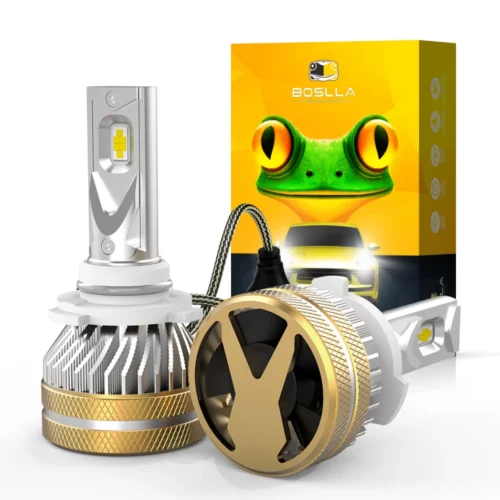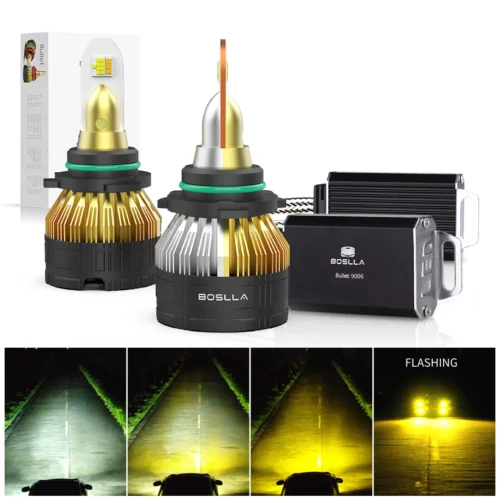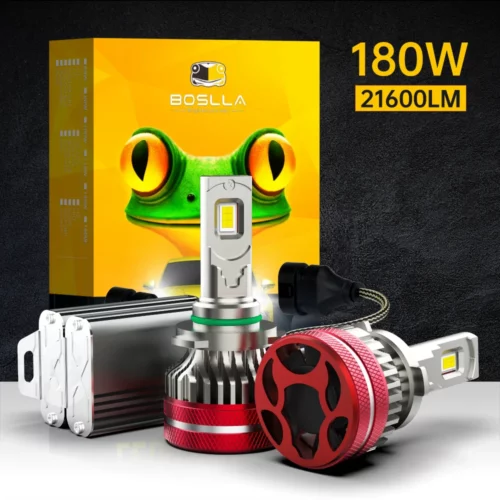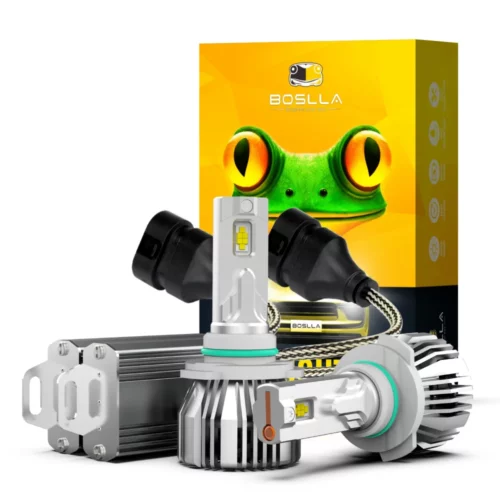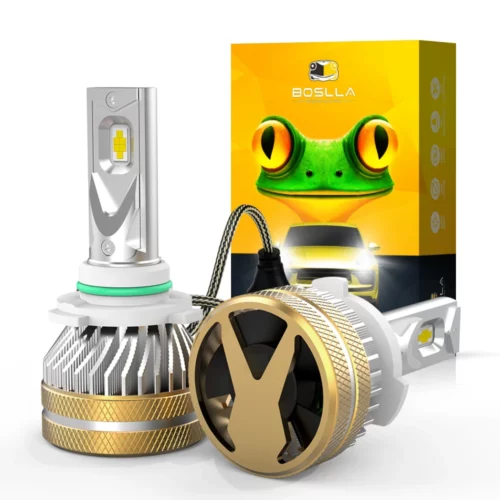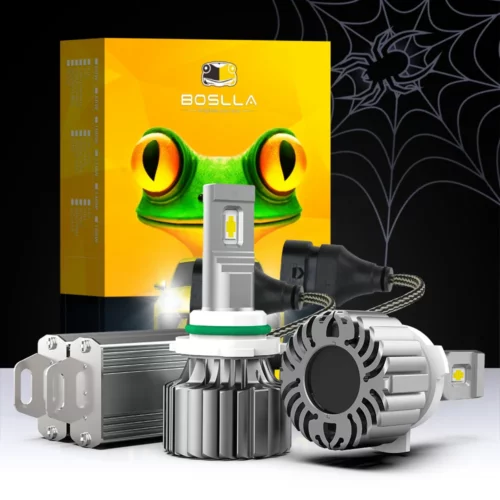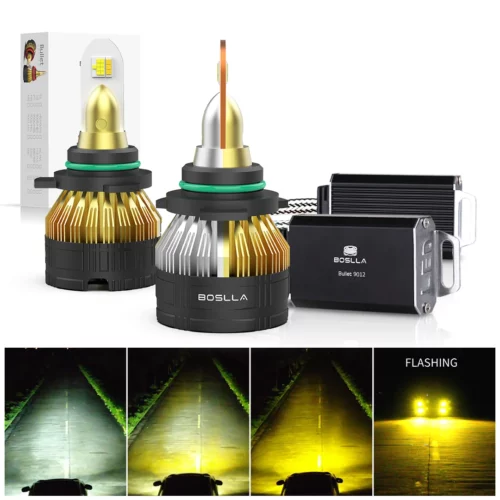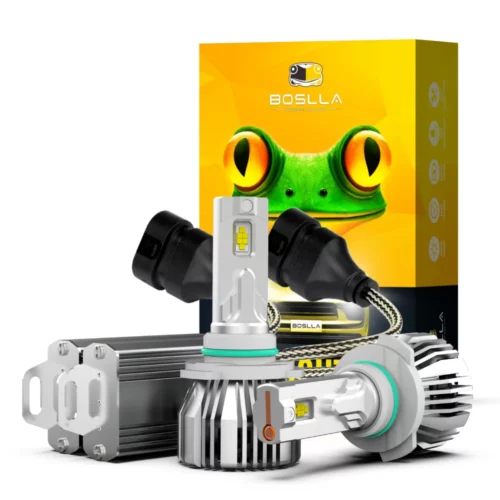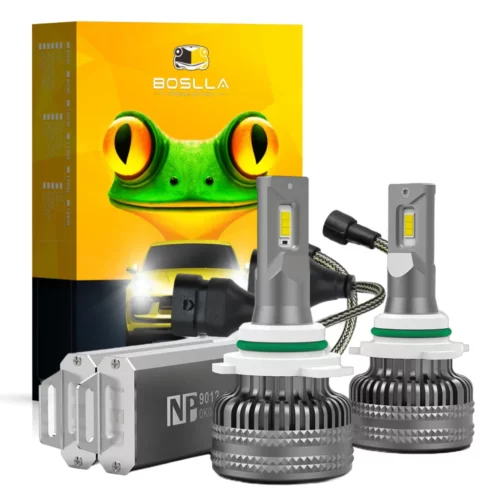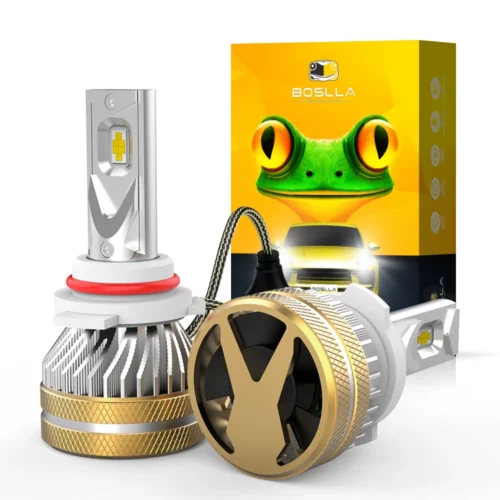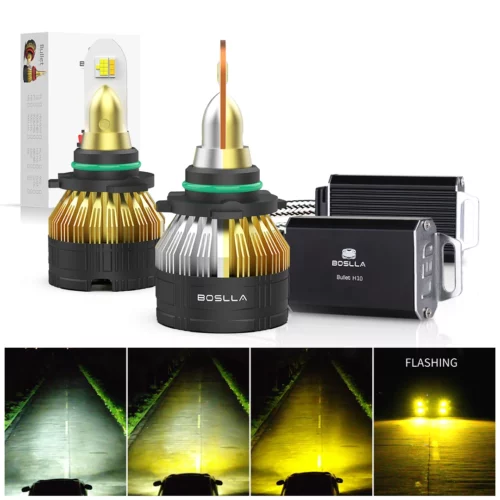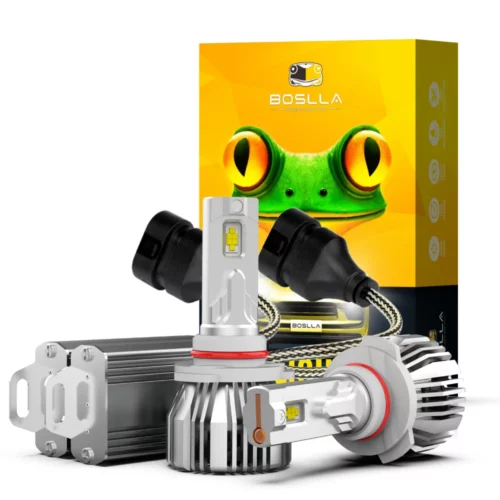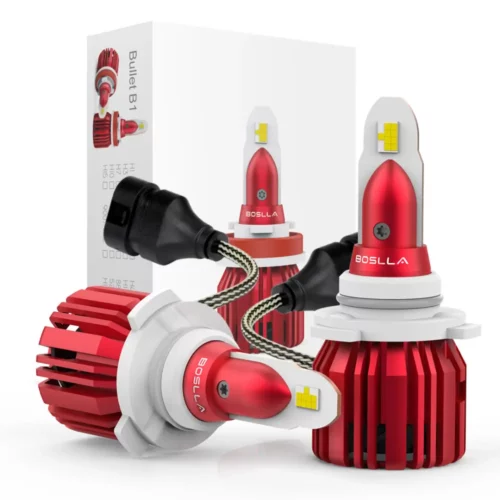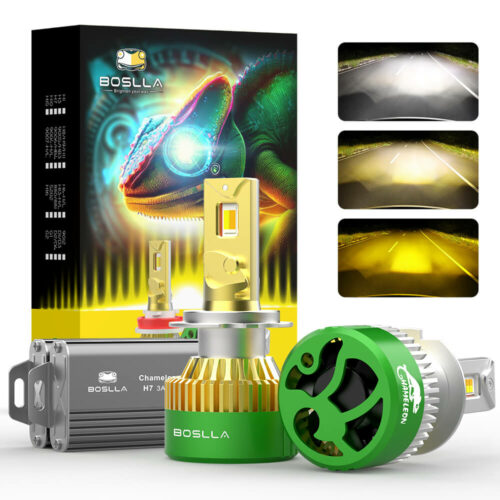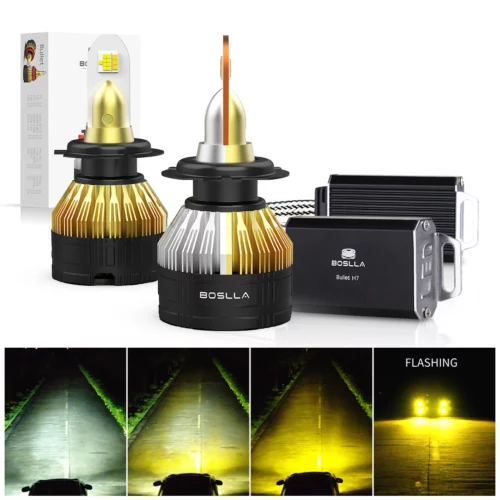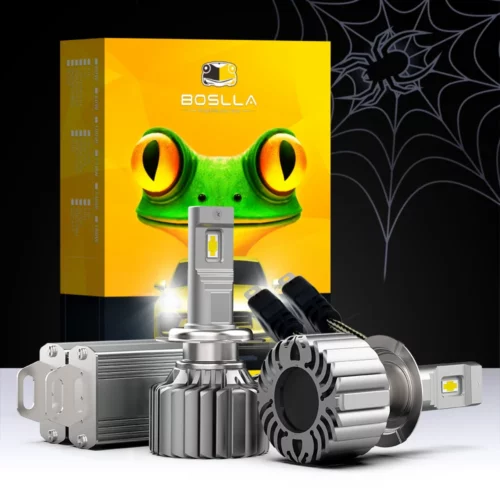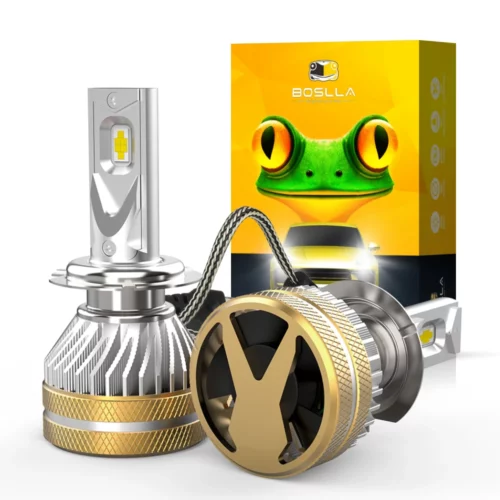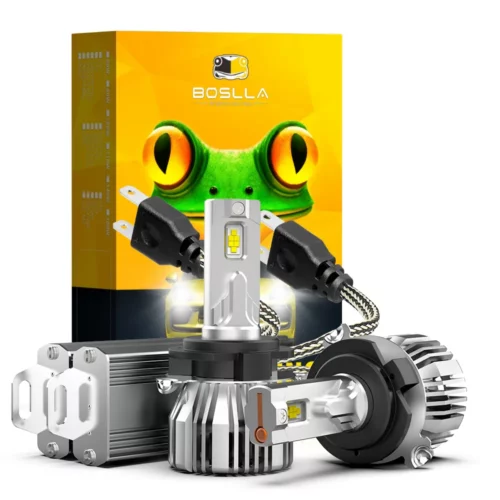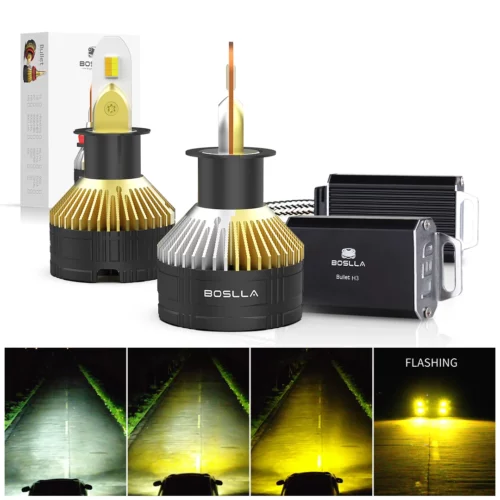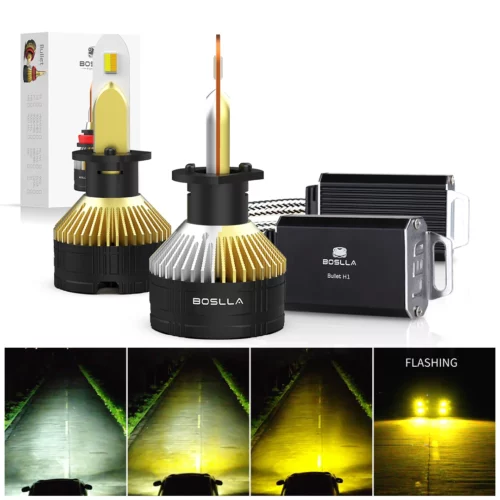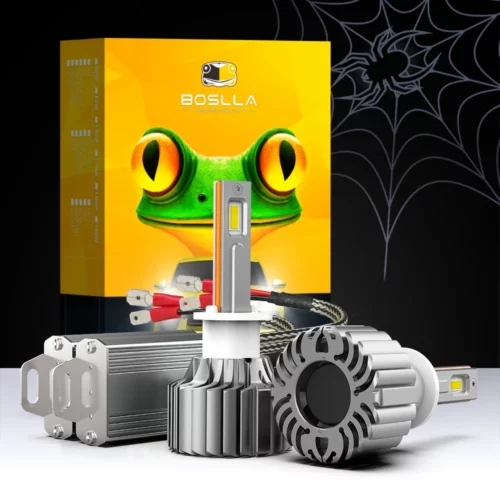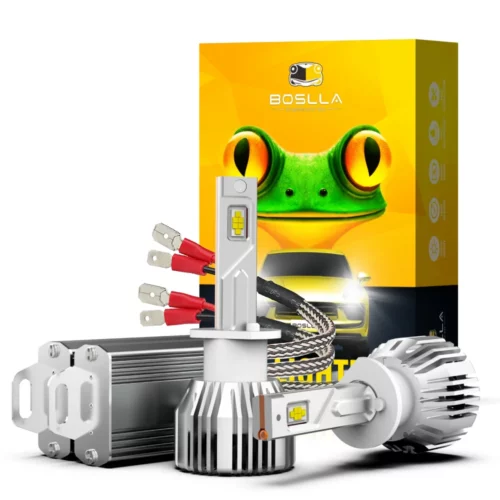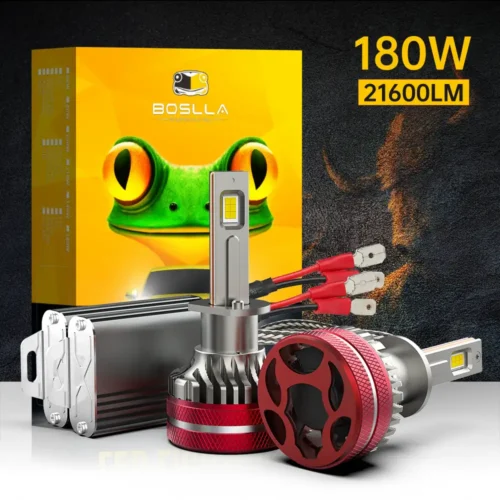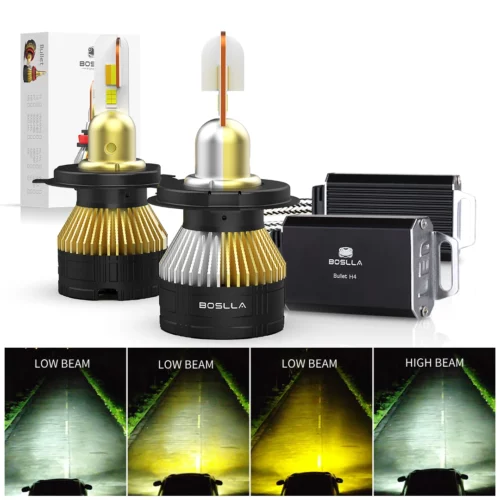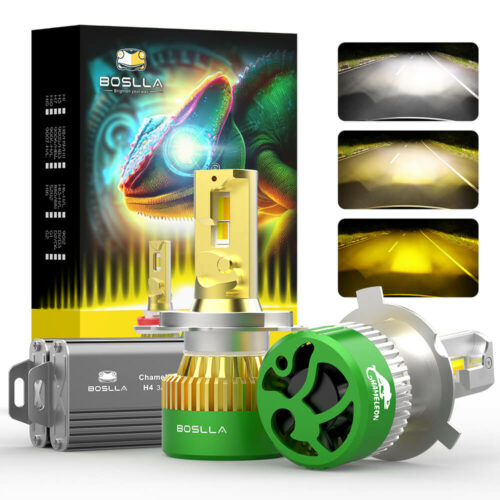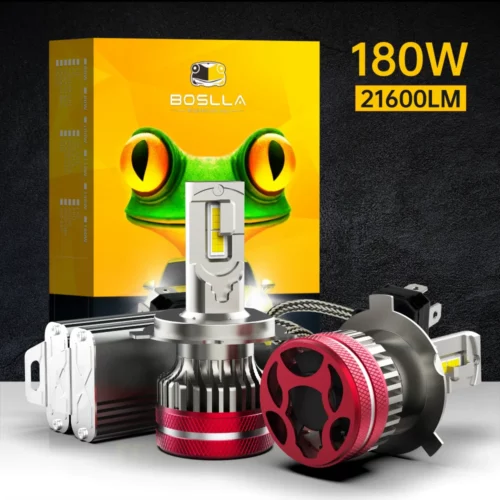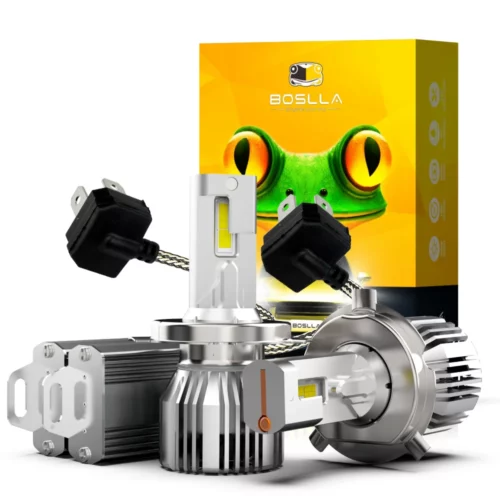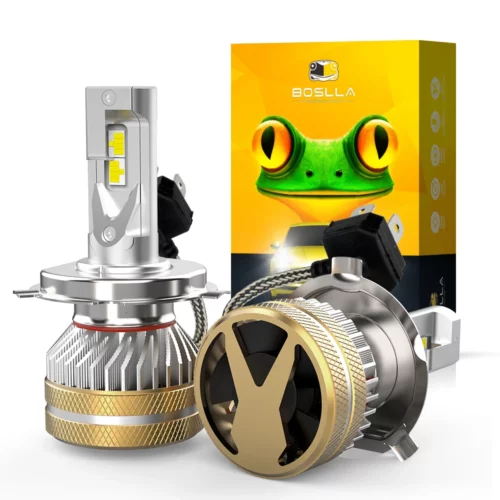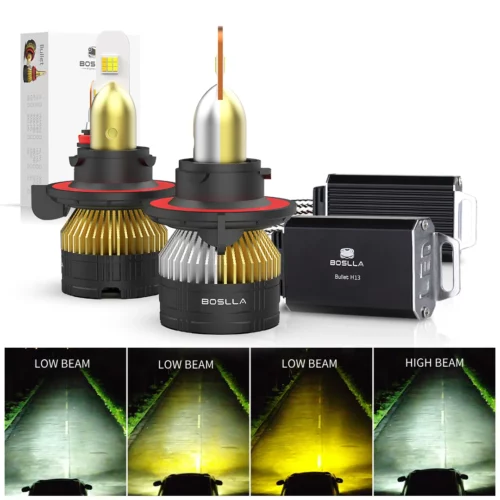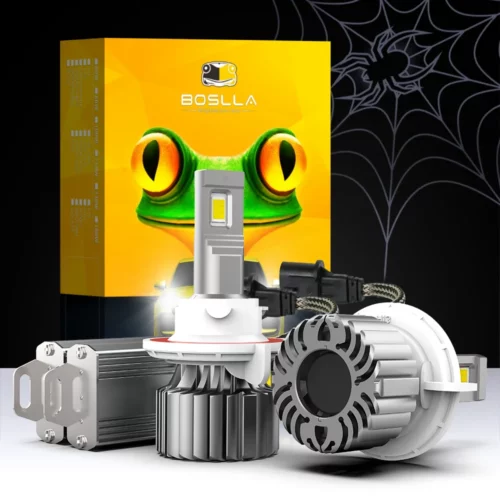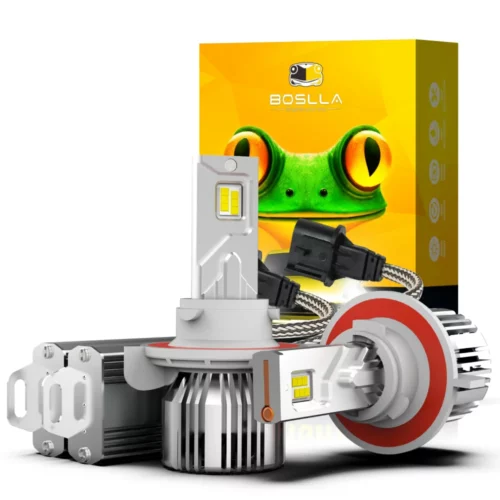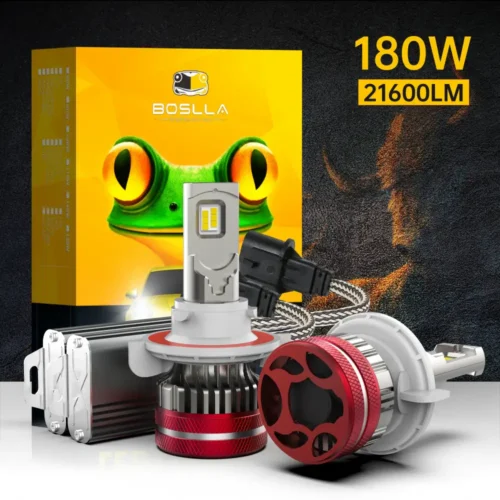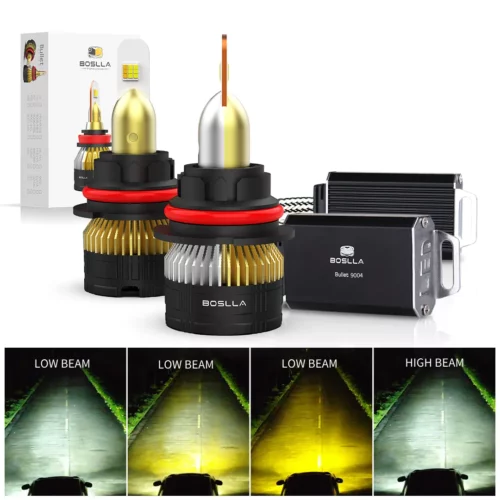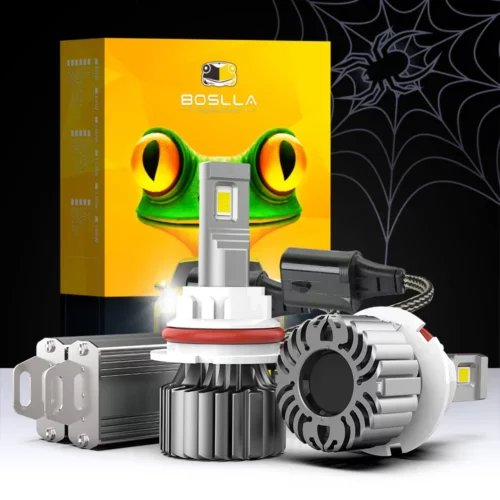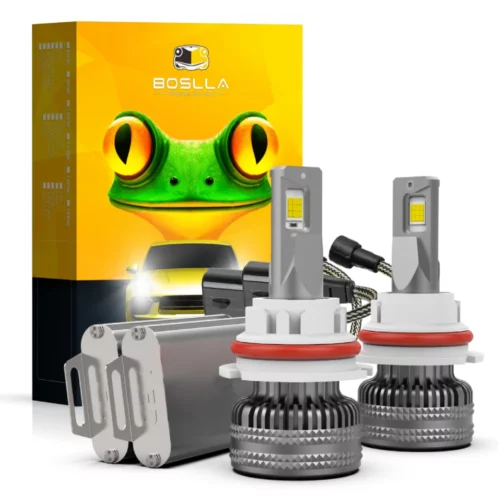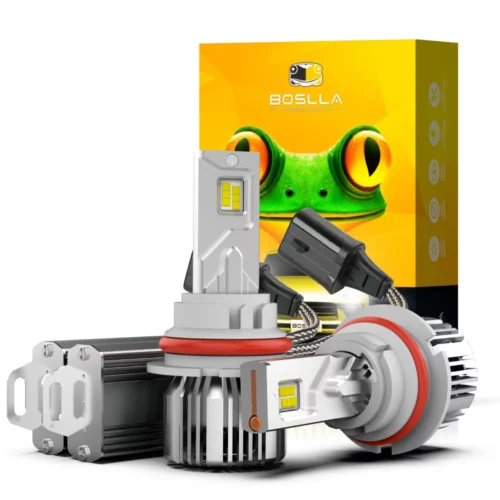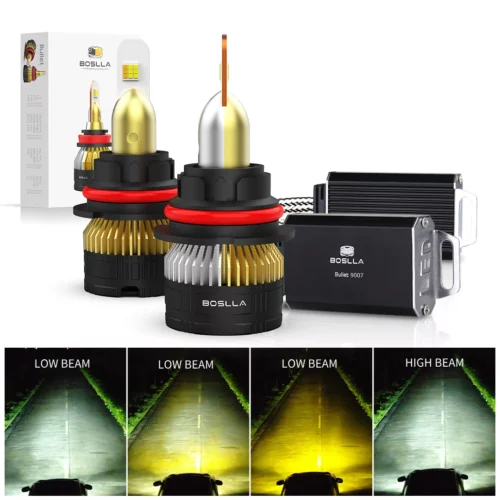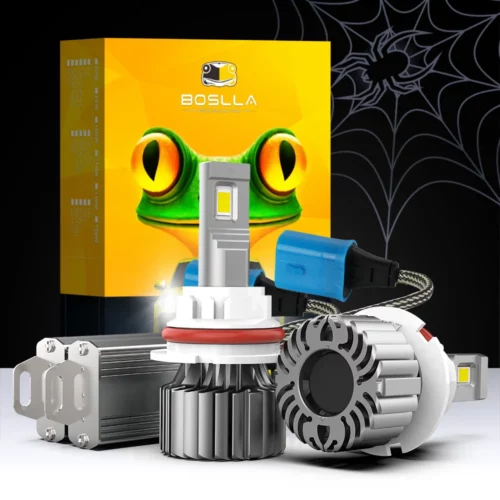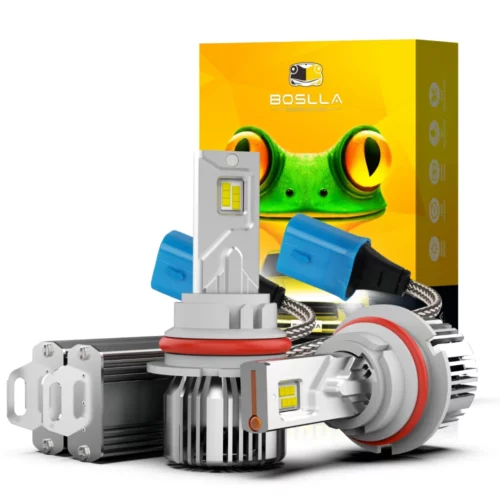When it comes to vehicle lighting, understanding the difference between single beam and dual beam headlights is essential for making informed decisions about replacements or upgrades. Whether you’re a car enthusiast or simply looking to improve your vehicle’s visibility, this guide breaks down the key differences, pros, and cons of each type.
Table of Contents
Key Differences Between Single Beam VS Dual Beam
| Feature | Single Beam | Dual Beam |
| Functionality | One function per bulb (low or high beam) | Combines low and high beams in one bulb |
| Total Headlight Bulb in Car | Four | Two |
| Bulb Complexity | Simpler design | More complex with dual filaments/chips |
| Installation | Requires separate bulbs for each beam | Single bulb for both functions |
| Cost | Generally cheaper per bulb | Slightly more expensive |
| Compatibility | Common in older vehicles | Found in modern vehicles |
What Are Single Beam Headlights?
Single beam headlights are designed to perform one specific function: either low beam or high beam. This means you’ll need separate bulbs for each function.
- Low Beam: Provides focused, short-range illumination to light up the road ahead without blinding oncoming drivers.
- High Beam: Offers brighter, long-range visibility for dark roads or highways.
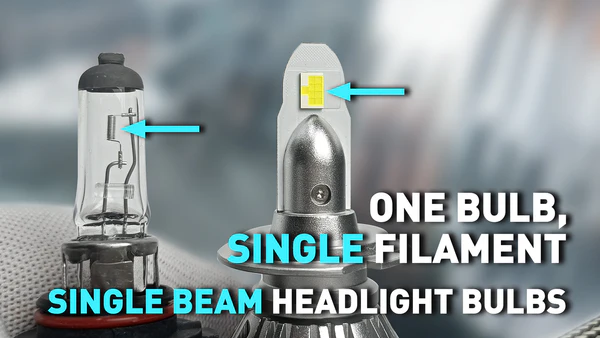
Common Bulb Types:
What Are Dual Beam Headlights?
Dual beam headlights combine both low and high beam functions into a single bulb. These bulbs have two filaments (or LED chips) that allow them to switch between low and high beam settings.
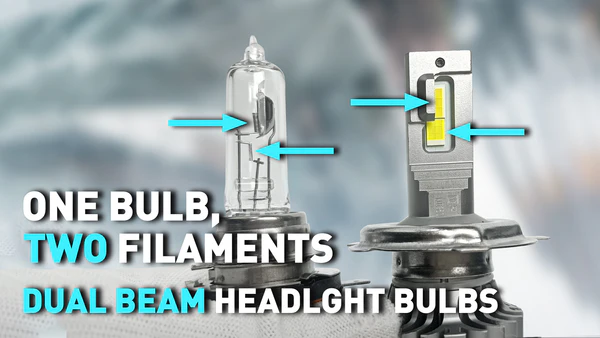
Common Bulb Types:
Which One Should You Choose?
The choice between single beam and dual beam depends on your vehicle’s OEM headlight assembly.
Vehicle stick with Single Beam if: Your vehicle is designed for single beam bulbs.
Vehicle stick Dual Beam if: Your vehicle supports dual beam bulbs.
Final Thoughts
Single beam and dual beam headlights each have their own advantages and limitations. While single beam systems offer simplicity and flexibility, dual beam systems provide convenience and a modern design. Understanding these differences will help you choose the right option for your vehicle and driving needs.


